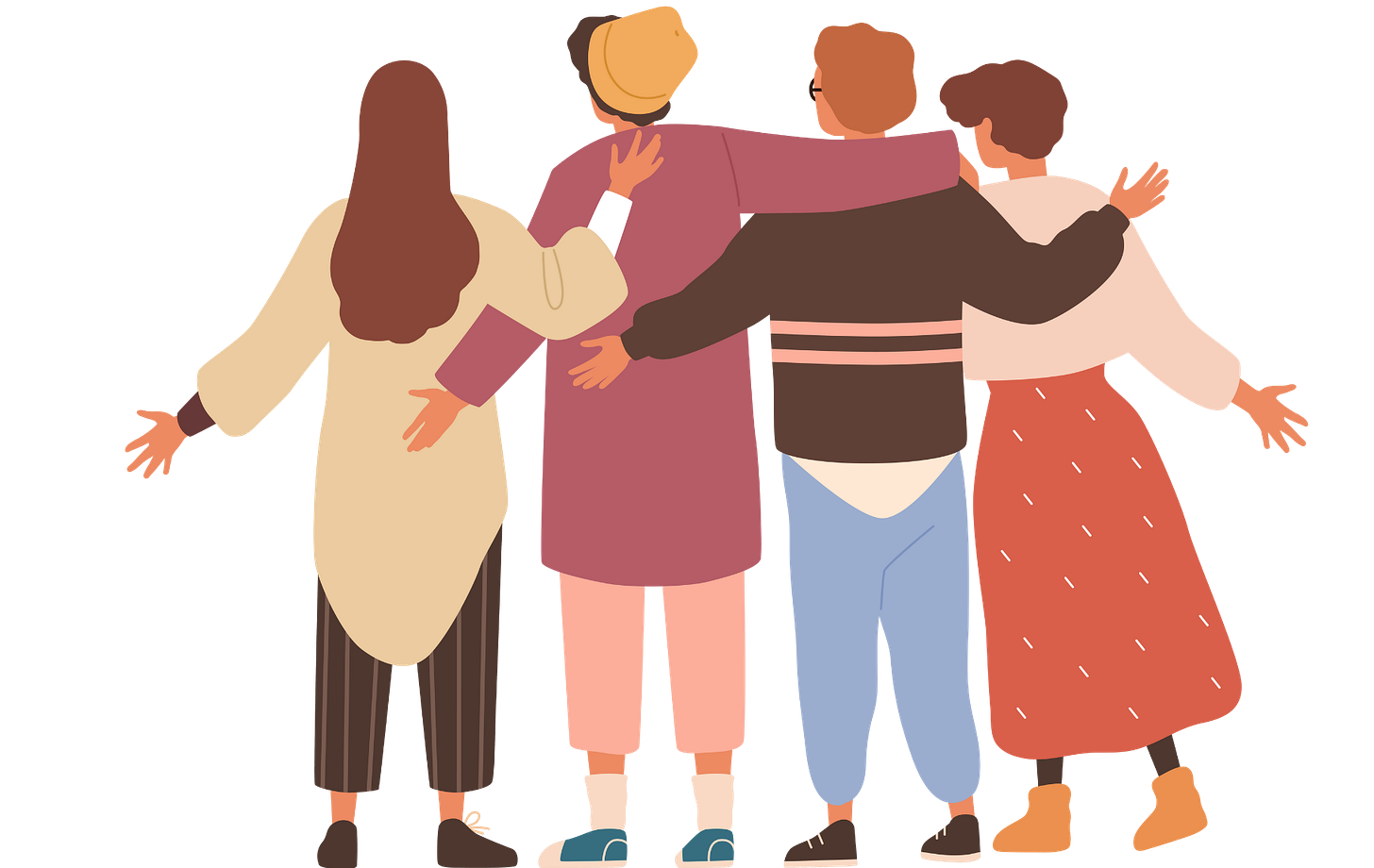Let’s talk about friendships…
As an AuDHD adult, you’ve probably blamed yourself for not meeting unwritten expectations and rules. Lost touch? Must have been because you didn’t text them back enough. Another misunderstanding? If only you could figure out how to be more reliable. There’s a lot of guilt that comes with communication expectations.
“Hey, I know I haven’t messaged in a while. Sorry - I just got overwhelmed with life.”
“I can’t make it to your birthday party. Can we have a one on one date soon?”
“Gosh, I know it’s been a month. Think work has left me feeling a little burnt out.”
The apology text messages became an art.
You didn’t know. You were never told that it’s valid to have different needs. Instead, the habit of over-apologising continued, reinforcing every time that you were somehow to blame for having difficulties with energy, capacity, communication.
HONOURING YOUR NEEDS
It’s time to validate your needs within a friendship and rewrite the stories that you have about friendship, starting with the acknowledgement that there isn’t one way to be a fierce fucking friend.
When we know ourselves better, we can help others understand us better. It’s time to get to know yourself again. Masking our needs is a form of self-abandonment, and we aren’t doing that shit anymore. I’m a sucker for a brainstorm - so here are a few ideas for where to start:
What would you have told those friends who mistook your low energy or low capacity as a reflection of how much they meant to you? What do you wish they knew about your need for compassion and understanding when everything feels a little too much? What do you currently appreciate about and value in your closest friendships?
Maybe you’ve found the people who understand. Maybe you’ve always had people who had compassion for your needs. Maybe you’ve felt exhausted from constantly over-extending yourself for others. Take time to ask the questions anyway.
Coaching allows adults a non-judgemental space to verbalise their vision for the life they want to create, not just in a work context but with friendships and relationships. Each conversation uncovers how often your needs are being masked or minimised.
MY FRIENDSHIP HISTORY
It’s wild to think that before 25, I had navigated ten different big friendships groups spanning across primary school, high school, college, and university. Like a magnet, I was drawn to the people who were loud, opinionated, funny, honest, and interesting. I loved many of them and (without realising it) simply endured others. In my journals, I wrote:
I’m always surrounded by people, but I still feel lonely. Sometimes it feels like I’m wearing a mask to fit in as the happy and fun version of myself. Would they still want to be my friends if I allowed myself to show up fully?
Masking is hiding, editing, curating, and censoring yourself. In other words, it’s a full-time exhausting job. At this stage of my life, it was on auto-pilot. I wasn’t fully aware that I had slipped back into masking because I had been doing it for so many years.
Ugh, what a heinously vulnerable share. Don’t hate me for paywalling the rest. To read more, please sign up as a paid subscriber…






